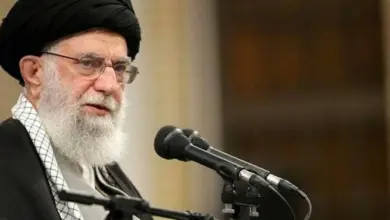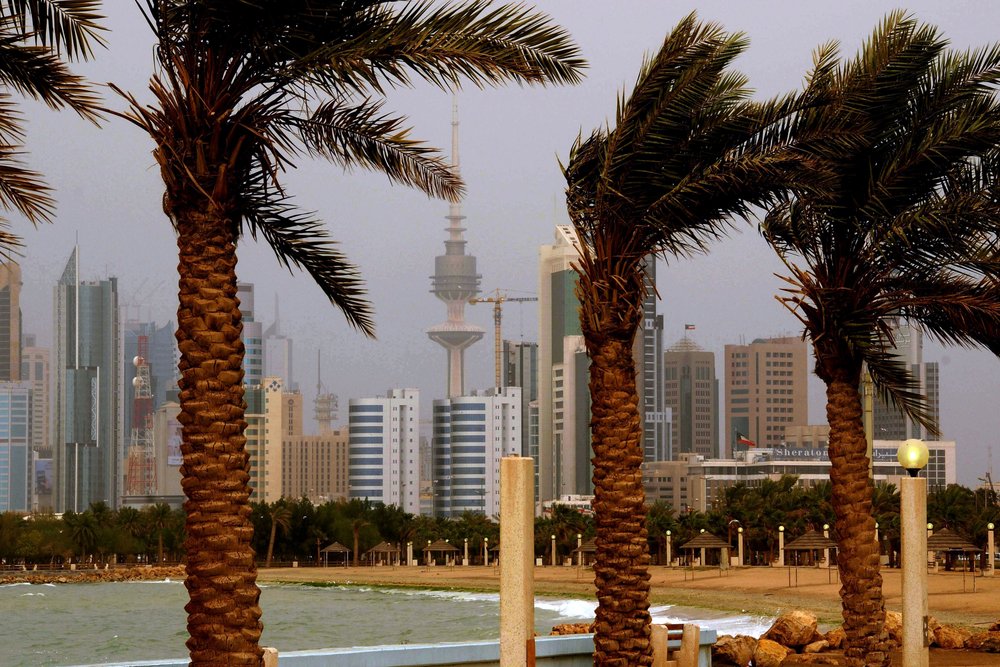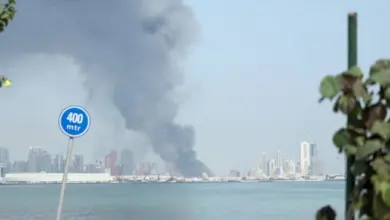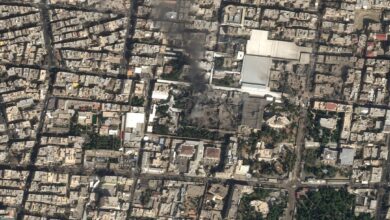The Egyptian-Israeli border was placed on high alert, particularly at international Mark No. 23 in the Sawan area, following an attack by unidentified assailants that targeted a car carrying workers building the barrier fence between Egypt and Israel, Al-Masry Al-Youm reported.
The anonymous attackers planted explosive devices and attacked the car passengers. The attack led to the death of one worker and two of the attackers. Israeli aircraft immediately flew over the border region to search for the remaining attackers.
An Egyptian security source told Al-Masry Al-Youm that, “Egypt had nothing to do with [the attack].”
“No subversive elements had crossed the border and the Israeli allegations in this regard have been repeated in recent days to convince the world that Egyptian security forces do not have Sinai under control,” the source added.
Following the attack, Israeli Defense Minister Ehud Barak urged Egypt's incoming leadership to “take responsibility” for security in the Sinai, which shares a 240-kilometer border with Israel, AFP reported.
“We see here a disturbing deterioration in Egyptian control in the Sinai,” he said of the attack, which took place just hours after the final round of voting in the presidential election.
Vice Prime Minister Shaul Mofaz said the “lawlessness” in Sinai would pose a significant challenge for Egypt's incoming leadership.
“There is no doubt that the situation in Sinai has become a security problem and the incident today is a new stage in the escalation,” he said in an interview on Israel's army radio.
“I believe it is also a significant challenge for the elected leadership in Egypt,” he said, just hours after the Muslim Brotherhood claimed victory in Egypt's first free presidential elections following a runoff vote.
“We must also demand more action from the Egyptians in Sinai. Our highest objective must be to protect the peace agreement,” Mofaz said.
“I very much hope it will be possible to have security and military dialogue with Egypt, military-to-military,” he added.
Asked about an eventual green light for the deployment of further Egyptian troops into Sinai, Mofaz said such a decision would have to be taken “in the context of dialogue with the new Egyptian leadership.”
Over the last nine months, Cairo has reportedly sought Israel's approval on several occasions for a temporary increase of troops in the restive peninsula, the number of which are limited by the 1979 peace treaty.




